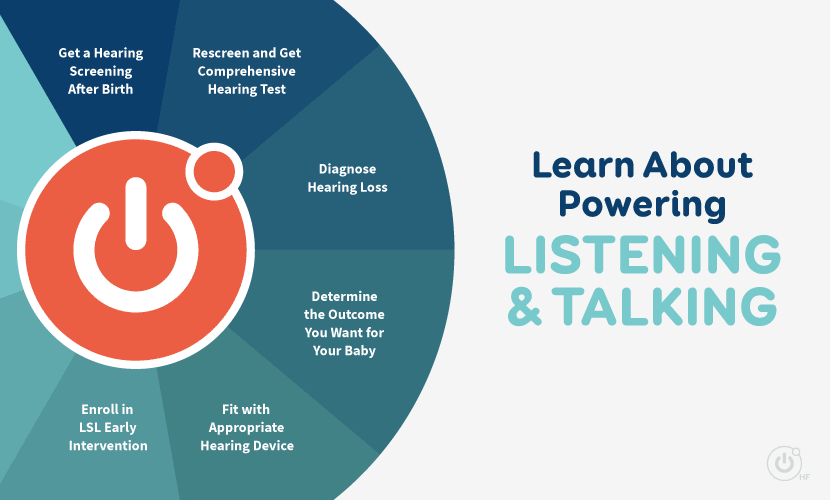Children with Hearing Loss can Listen, Talk, and Thrive.



KENTON has severe hearing loss but with the help of his hearing aids, family support, and using Listening Spoken Language, he is able to talk, hear, and connect with the world around him. This kid is AWESOME!
Kickin' it with KENTON

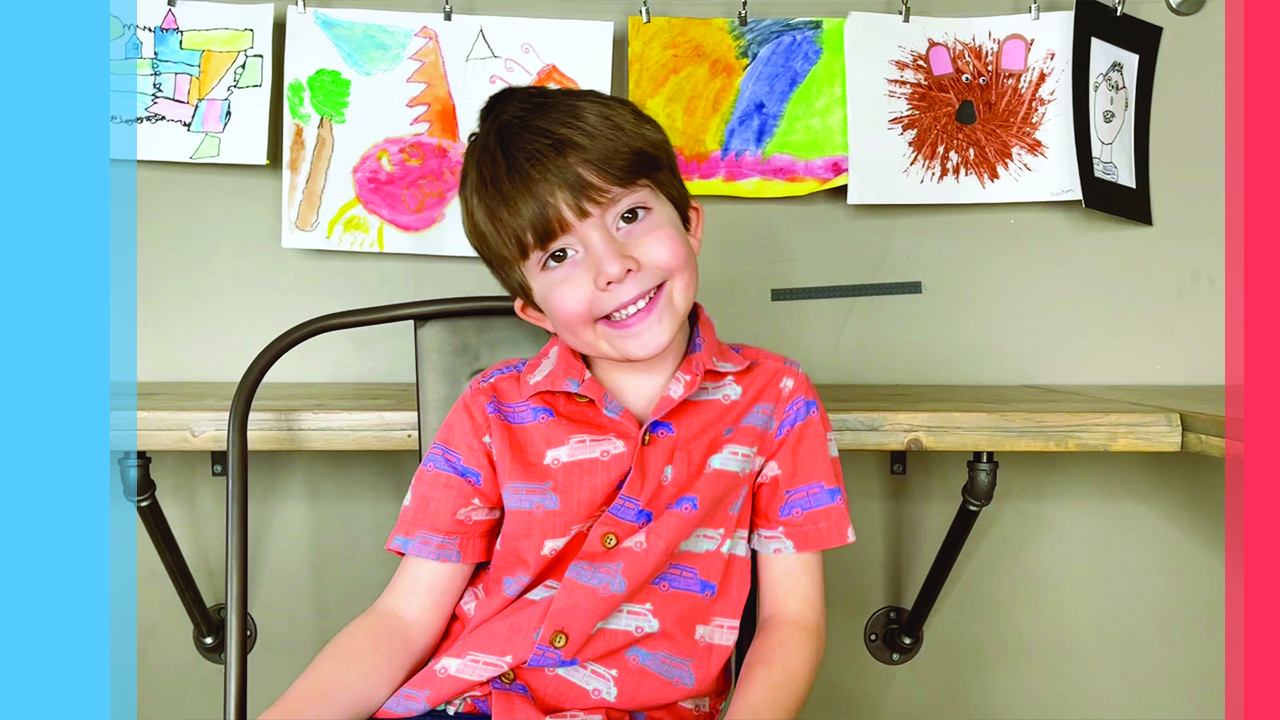
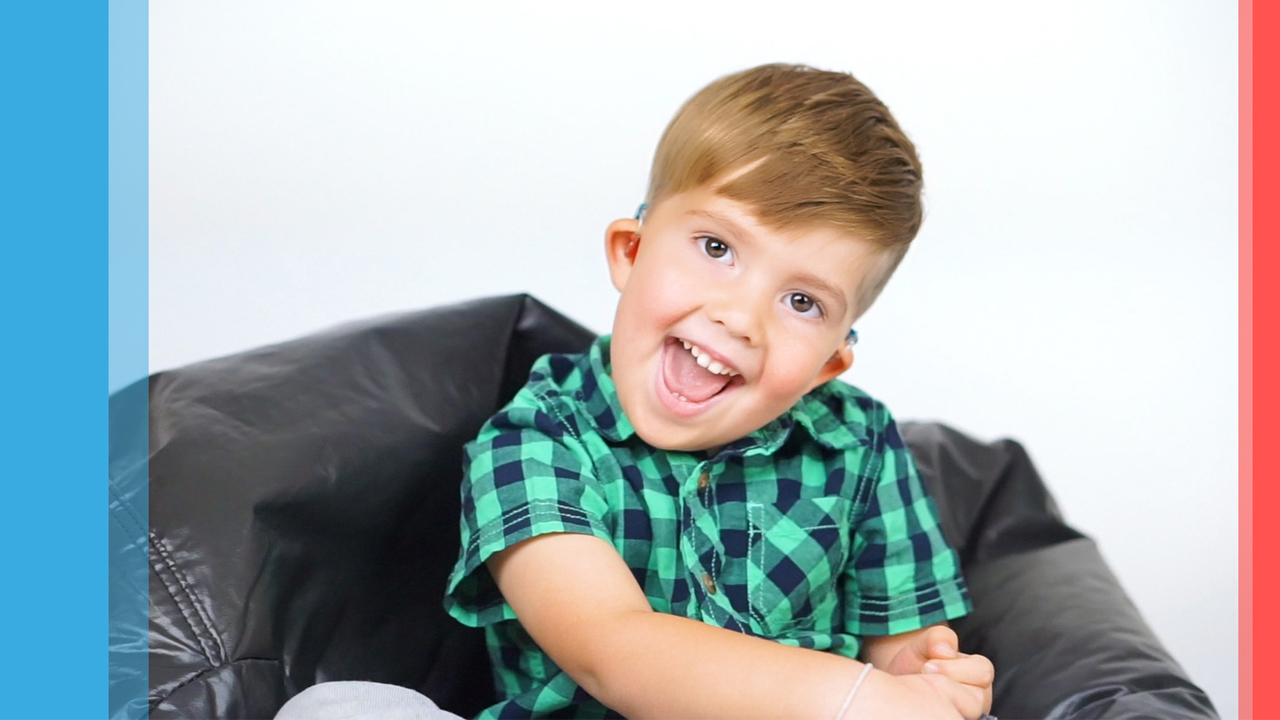
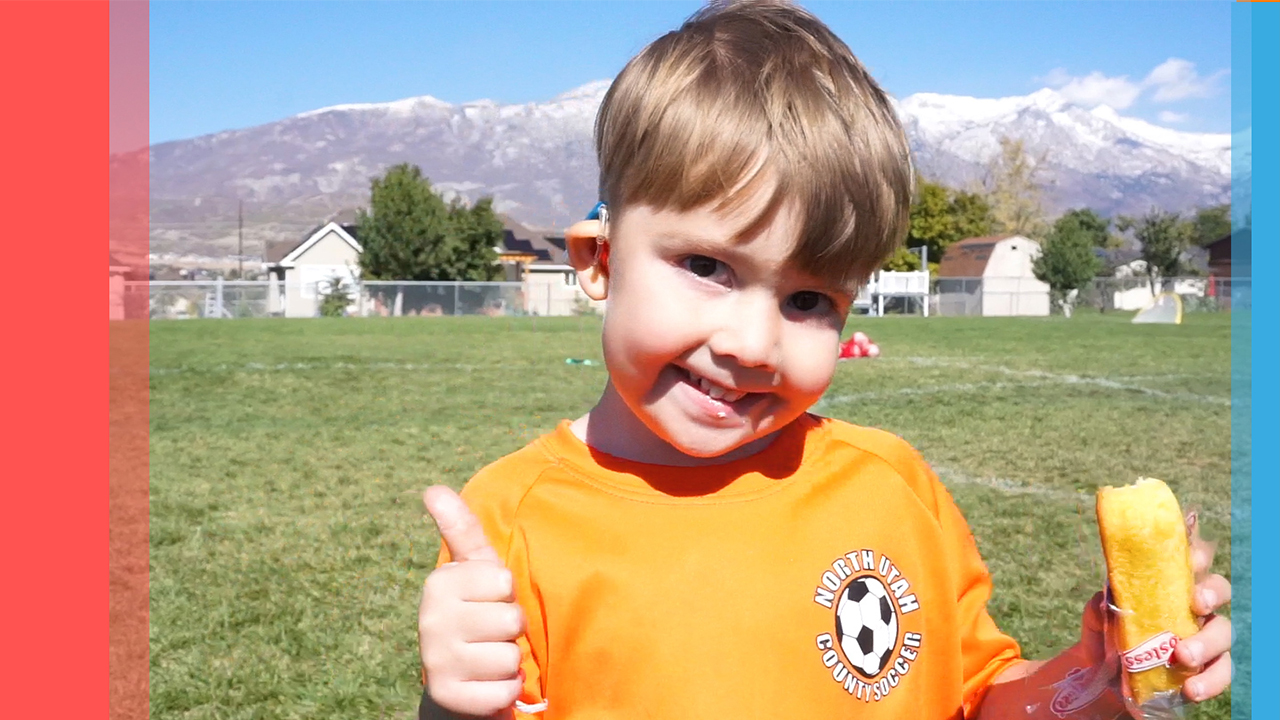
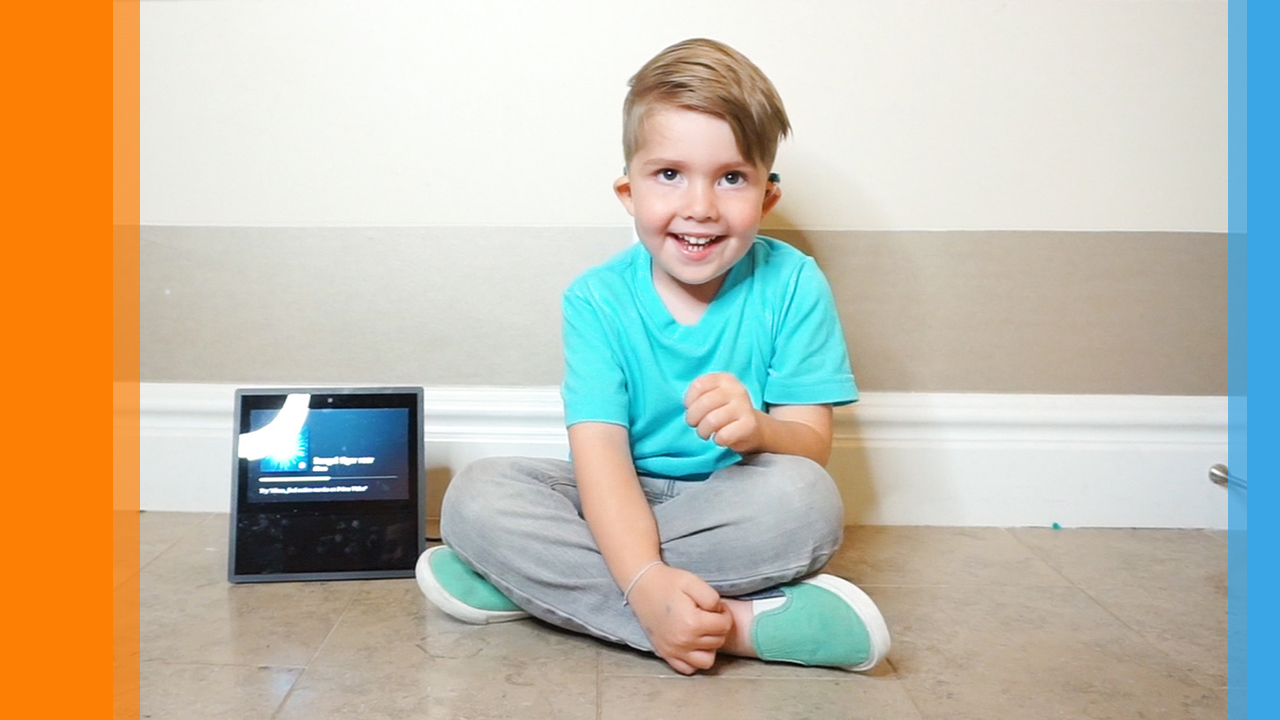
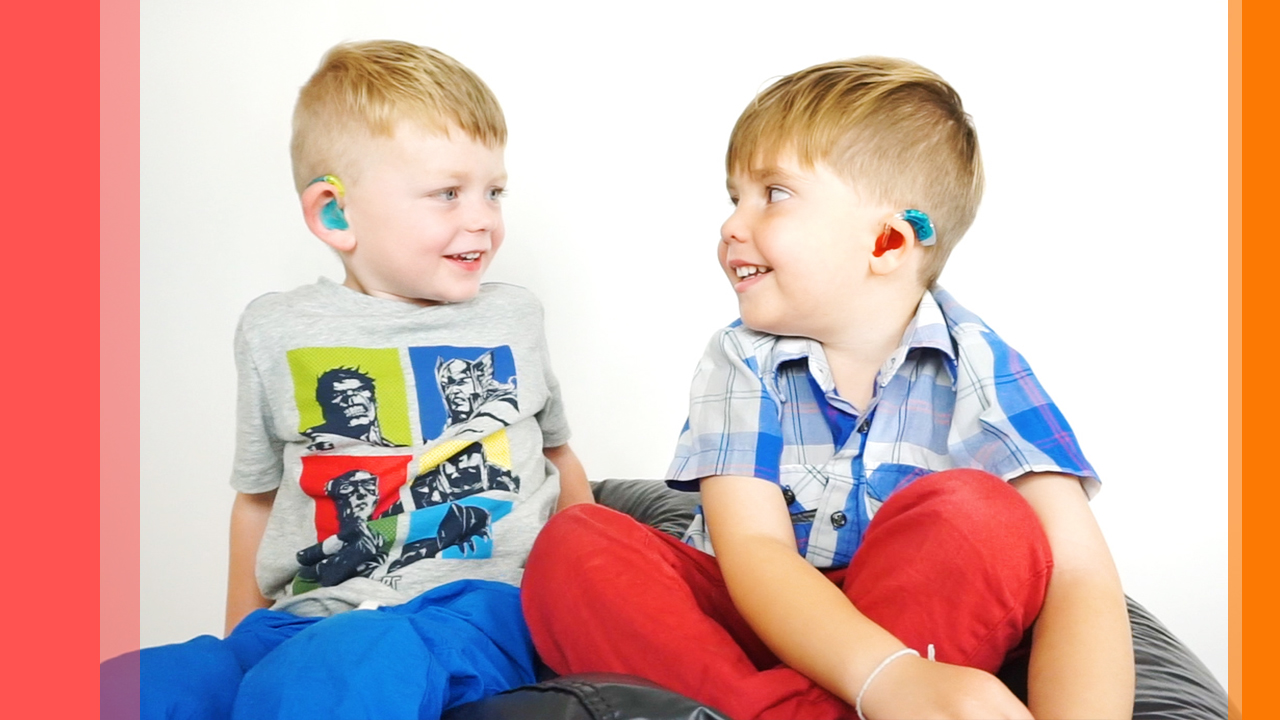
Kenton's Story
Kenton was born with a rare genetic disorder called Branchio-oto-renal or BOR syndrome. This affects his hearing as well as his kidney function. At 6 months he was fitted with his blue hearing aids and he was all smiles. After working diligently on listening and speaking, Kenton is now able to fully integrate into the world around him and connect with anyone he meets. He loves singing, reading books, and even plays on a soccer team with all typical hearing kids.
Language has empowered Kenton to engage naturally with his friends, classmates, and family. Kenton is hard of hearing, but it doesn't hold him back. With the help of hearing aids and LSL, he can fully integrate into the world around him.

What is LSL?

The Listening and Spoken Language (LSL) approach is a communication option for infants, toddlers, and young children with hearing loss and their families. This means, instead of sign language, we use technology, like hearing aids, to improve Kenton's ability to hear. Then, we work with Kenton on listening and speaking in the primary language of our home.
The majority of children diagnosed with hearing loss can and do develop great listening, spoken language, and literacy skills – just like children with typical hearing.
Children with hearing loss can learn spoken language the same way, when they are identified early, have appropriate hearing devices, and are taught to listen through special LSL techniques. LSL is a developmental approach which follows typical child milestones by introducing skills at the ages and stages when little brains are primed to learn.
The main principles of LSL promote:
- Early detection and diagnosis of hearing loss
- Use of hearing technology, such as hearing aids and cochlear implants, to help children access sounds and spoken language
- Early intervention services to guide and coach parents and caregivers on how to teach a child with hearing loss to listen and talk
The goal of LSL early interventionists is to show parents how to be their child’s first teacher so families can reach positive listening, speaking, literacy, academic, and social outcomes. In fact, LSL has a long and rich history of doing just that. It all started with the belief that children who are deaf or hard of hearing can learn to listen, talk, read, and write on the same level as their hearing friends with help from their parents.
LSL and Literacy
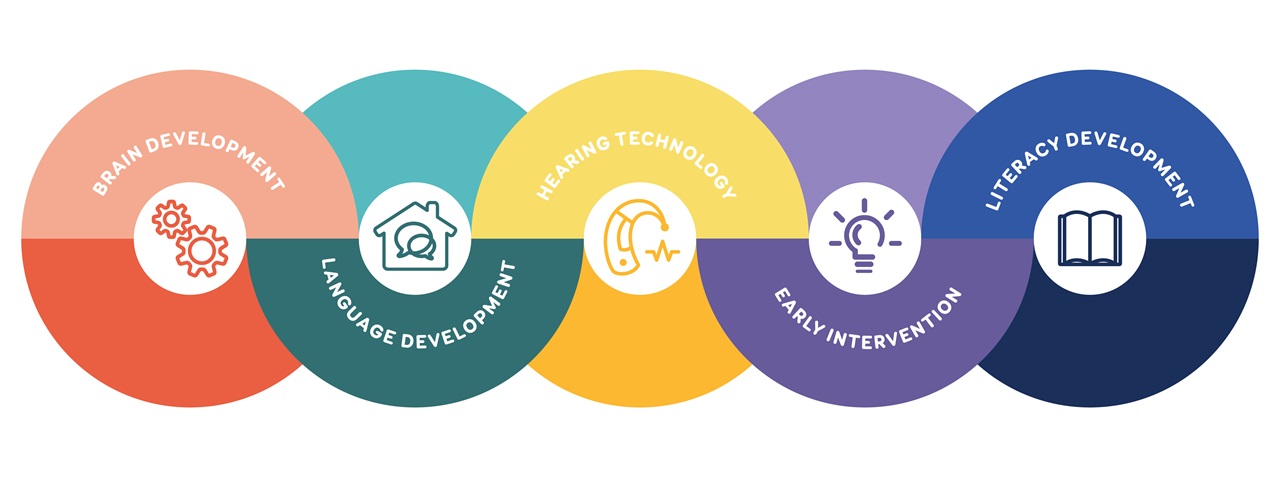
Listen, Speak, Read
The majority of children diagnosed with hearing loss can and do develop great listening, spoken language, and literacy skills - just like children with normal hearing. Learn how LSL leads to literacy, why reading is so important to learning, and how each of the building blocks to reading lay the foundation for high levels of literacy.
Reading Aloud
Reading aloud to young children promotes emerging literacy and language development and builds a lasting relationship between child and parent.
Additionally, research provided by "Becoming a Nation of Readers" found that reading aloud to your child is the single most important activity for building the knowledge required for eventual success in reading.

